There's no such thing, you know, as picking out the best woman: it's only a question of comparative badness, brother
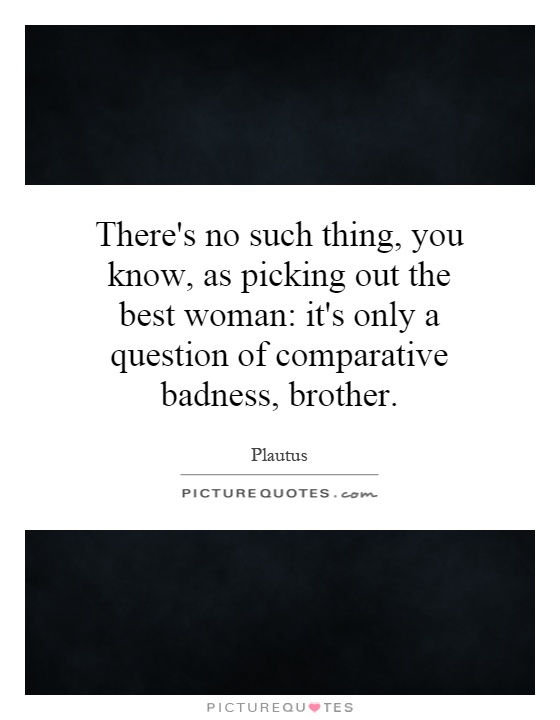
There's no such thing, you know, as picking out the best woman: it's only a question of comparative badness, brother
In the context of Plautus, the quote "There's no such thing, you know, as picking out the best woman: it's only a question of comparative badness, brother" reflects the themes of deception, mistaken identity, and the complexities of human relationships that are prevalent in his comedies.Plautus, a Roman playwright known for his comedic works, often explored the foibles and follies of human nature through his characters and their interactions. In many of his plays, the idea of mistaken identity and deception plays a central role in driving the plot forward. Characters often find themselves in situations where they must navigate through a web of lies and misunderstandings in order to achieve their goals.
The quote in question speaks to the idea that in the world of Plautus, there is no such thing as a perfect woman. Instead, women are portrayed as flawed and imperfect beings, just like their male counterparts. This idea is often used to create comedic situations in which characters must confront their own biases and preconceptions about the opposite sex.
Furthermore, the quote also highlights the idea of moral ambiguity in Plautus' works. Characters are often faced with difficult choices and must navigate through a world where right and wrong are not always clear-cut. In this context, the idea of picking out the "best" woman becomes a subjective and relative concept, as characters must weigh the pros and cons of each potential partner in order to make a decision.
Overall, the quote "There's no such thing, you know, as picking out the best woman: it's only a question of comparative badness, brother" encapsulates the themes of deception, mistaken identity, and moral ambiguity that are central to Plautus' comedies. Through his works, Plautus invites his audience to reflect on the complexities of human relationships and the inherent flaws that make us all uniquely human.
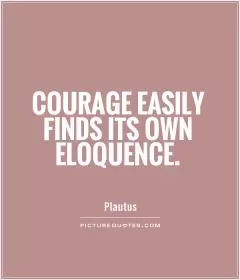
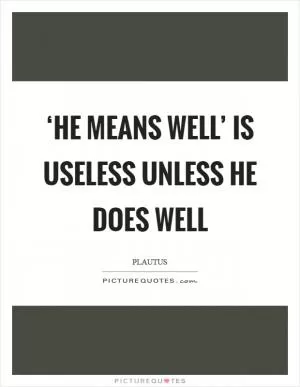
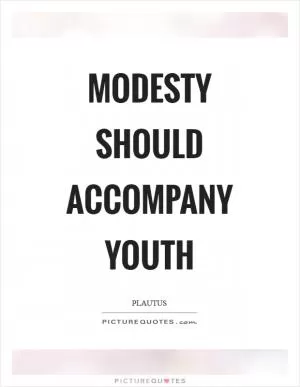
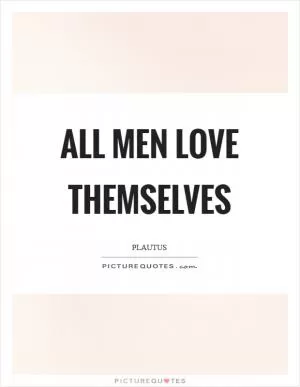

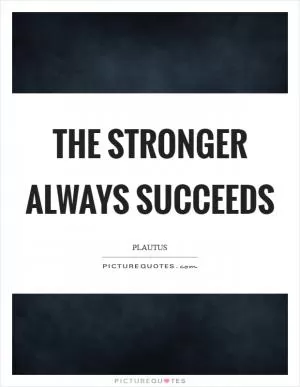


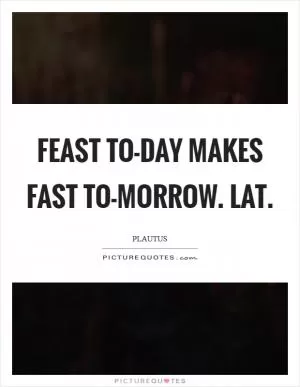
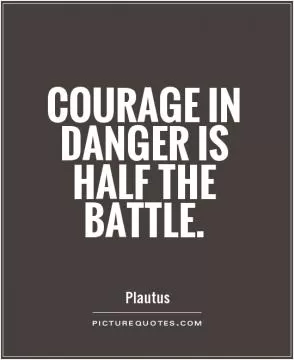
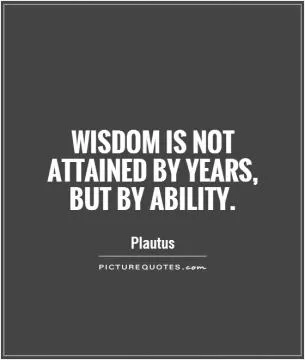
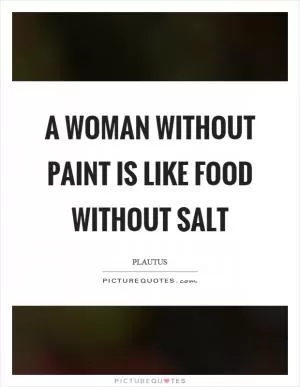
 Friendship Quotes
Friendship Quotes Love Quotes
Love Quotes Life Quotes
Life Quotes Funny Quotes
Funny Quotes Motivational Quotes
Motivational Quotes Inspirational Quotes
Inspirational Quotes